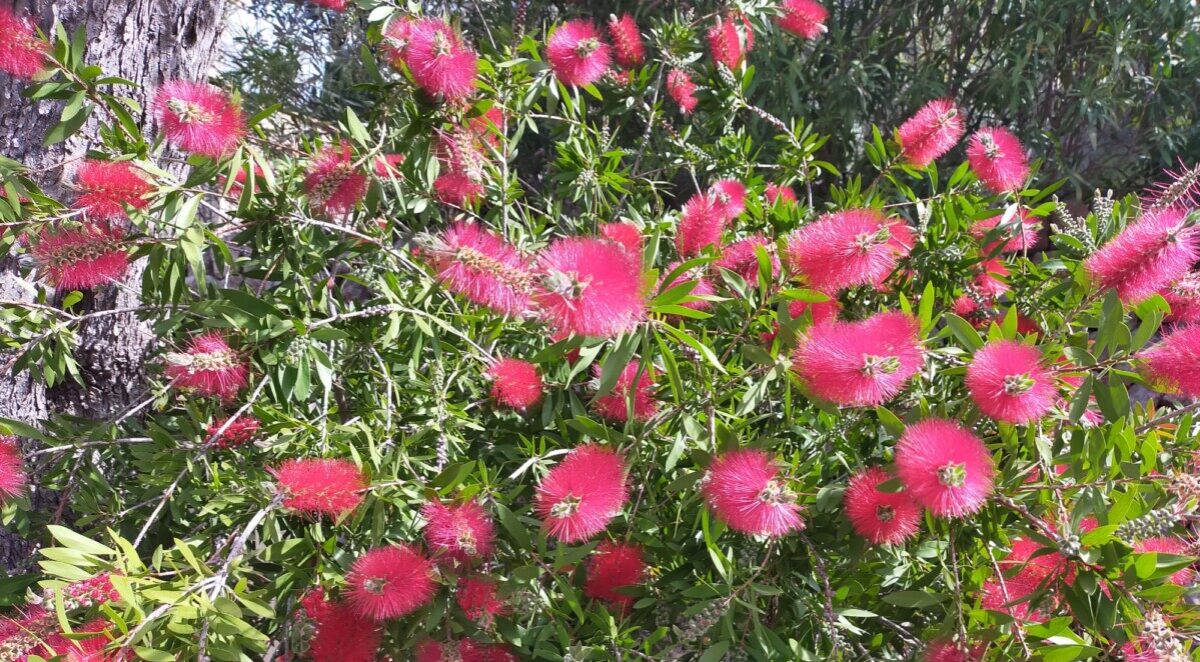Part 4:
The author of “‘Schools are killing curiosity’: why we need to stop telling children to shut up and learn” is Wendy Berliner. She is an author and a journalist. Most of the things that are written by her such as books and articles focused on schools and mind development. Her primary audience in the article would be the educators. The purpose of this article is to spread awareness about the school system and how it’s making a negative impact on kids’ curiosity by limiting the amount of questions being asked, hoping to make a change. This genre, a featured article, is the best one to address to their audience because it’s informing them about the school’s impact on kids’ curiosity by providing images where kids are in a cardboard box, which is pathos and uses ethos, research, that Wendy got. This article was written on January 28, 2020 published by The Guardian is ranked as the most trustworthy and accurate source in the UK making it credible. The date published of this article shows that it is still relevant to this day.
Part 5:
1. “…research from Susan Engel, author of The Hungry Mind and a leading international authority on curiosity in children, finds questioning drops like a stone once children start school.” (Berliner 2)
2. “…it is not surprising that high-performing students studied by American researchers in 2013 were found to be less curious, because they saw curiosity as a risk to their results.” (Berliner 3)
3. “Children should be prompted and encouraged to ask questions even though that can be challenging for the teacher,” (Berliner 3)




Hi Belinda, there are many good and important points you proposed. This piece of rhetorical analysis is pretty comprehensive based on the requirements. I think the only optional suggestion is to stretch out more about the rhetorical appeals of ethos, pathos, and logos. However, the overall contents are fulfilled so there isn’t much to add or subtract in my opinion. The last thing that can be made in the Notable Quotable is the punctuation marks should be placed after the parenthesis of the author’s name.